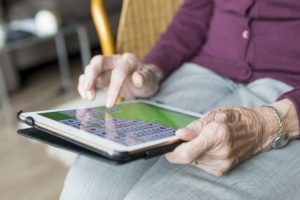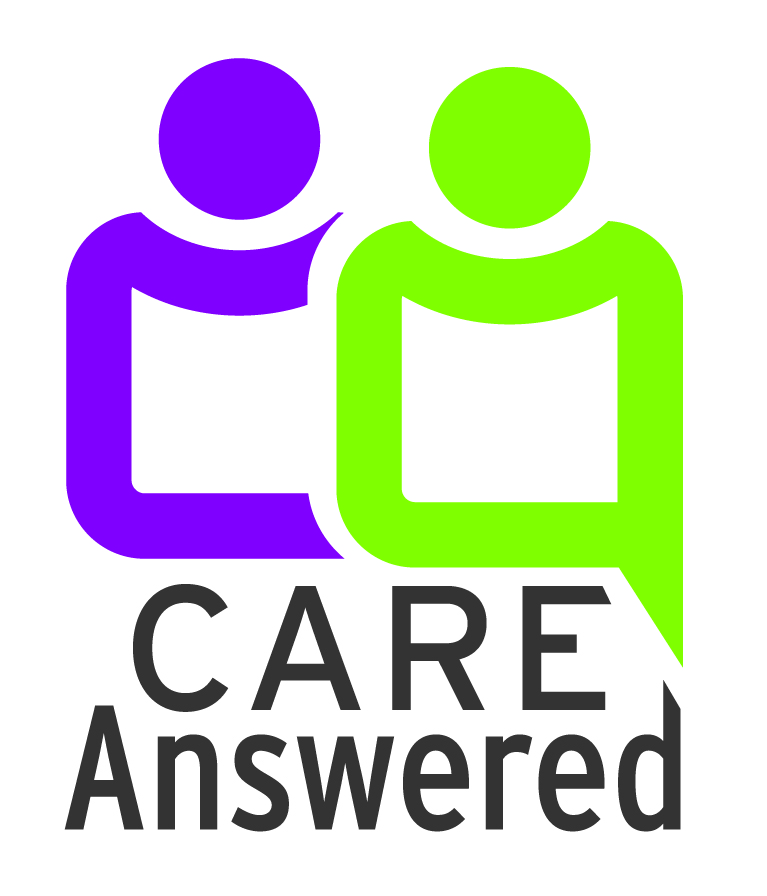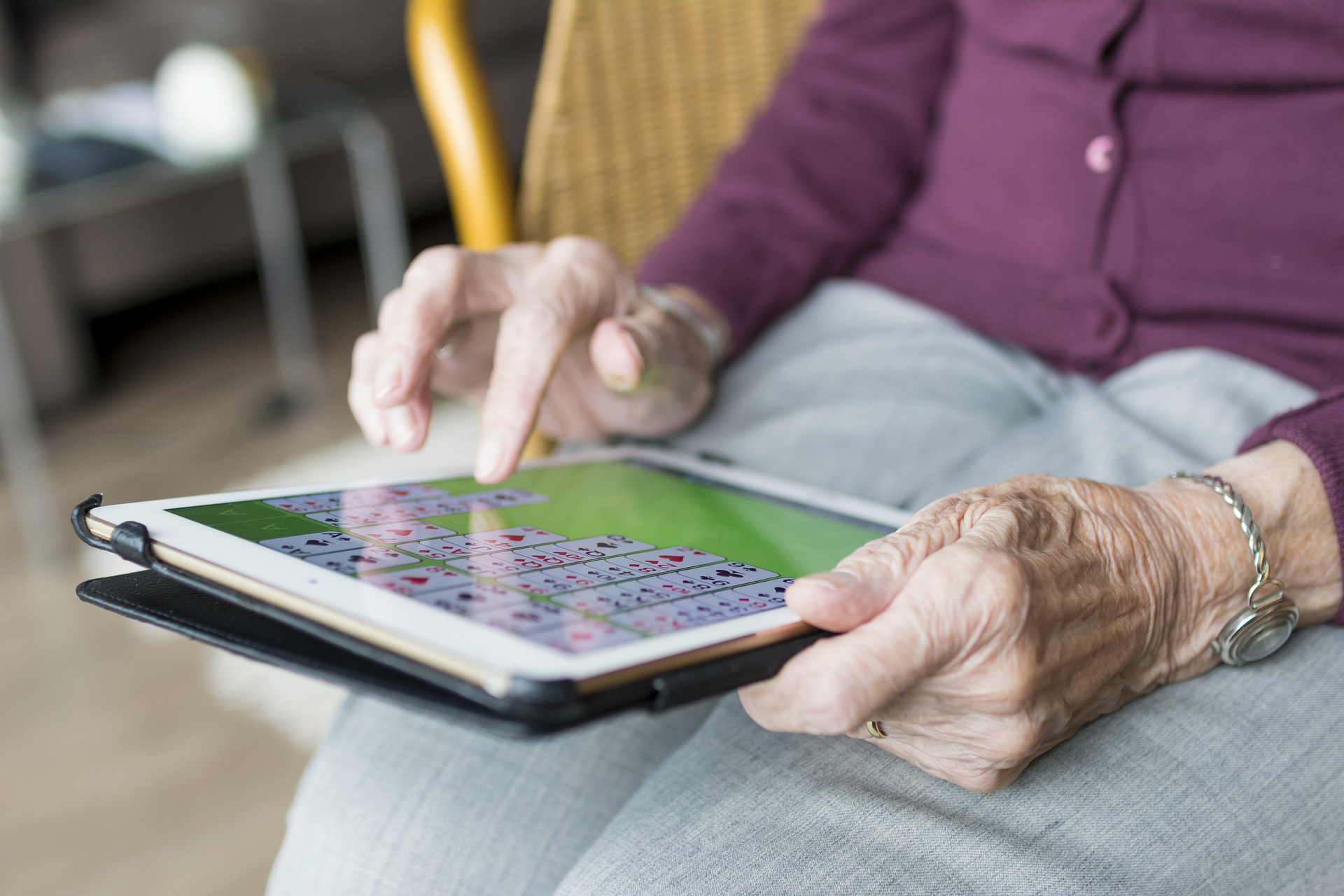Technology is invading every aspect of our lives. Did you know that there is now a coffee mug that can be temperature controlled using your smart phone? Not only that, but the average new car comes with a futuristic array of technology to help drivers stay in their lane, find their way, adjust the climate, control their speed, and more.
Seniors are among those who are most likely to benefit from advances in technology. Devices hitting the marketplace can provide peace of mind to family members of older adults who wish to maintain their independence for as long as they can.
Remote Monitoring
Do you have a pacemaker, or know someone who does? If so, you are already familiar with the role of technology in monitoring health. Pacemakers and implantable cardiac defibrillators (ICDs) can be remotely monitored. When they are triggered, ICDs record information that can be analyzed by the cardiologist to assist with diagnosis and prevention of future episodes.
Similar technology exists to monitor weight gain in patients with congestive heart failure, blood glucose in diabetics and other vital information for those with chronic conditions. The benefit is that early detection of symptoms can trigger an intervention before a condition becomes serious enough that the patient requires hospitalization.
Aging in Place
Remember the pendant that could be activated if a senior living alone fell down and could not get up? It turns out that was only the beginning. Today, concerned family members can monitor numerous aspects of an elderly loved one’s life, from the number of times they open the refrigerator, to their daily use of the restroom, to their medication compliance.
 Here are just a few devices that are helping Americans age in place safely.
Here are just a few devices that are helping Americans age in place safely.
MedMinder – a digital pill dispenser that locks and unlocks compartments to prevent patients from taking too many pills. It also monitors whether the dose has been taken at the right time, provides auditory reminders, and contacts a family member if the patient has not complied.
Reminder Rosie – a talking clock that is programmed with a loved one’s voice offering gentle reminders to take medication, eat a meal, or complete any task.
Wellness by Alarm.com – a series of sensors set throughout the home use machine learning to notify a loved one if there is a change in routine including activity levels, bathroom use, sleeping and eating patterns.
Phillips’ Lifeline (and other emergency pendants) – can be triggered during a medical emergency. Some versions are equipped with GPS and may be used outside of the home to summon help during a fall or other medical event.
Nannycams/grannycams- a camera, hidden or exposed, in the home can help loved ones feel confident in the care their family members receive. Whether your family is trying to determine if a loved one can continue to live alone or ensuring the selected paid caregiver is the right choice, this may be an option.
Whether or not you are a fan of technology, it is clear that the future is now. Embracing at least some of the available advances can be the key to independence, safety and better health for the elderly and the chronically ill.
Want to learn more about whether technology can help your loved one maintain their independence? Contact Care Answered for a consultation about your options.

